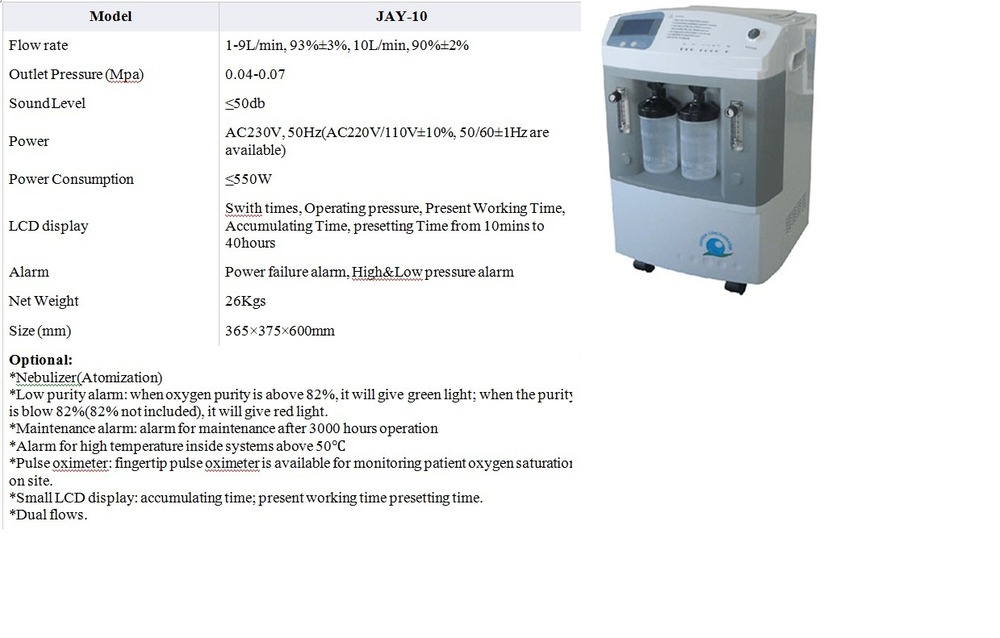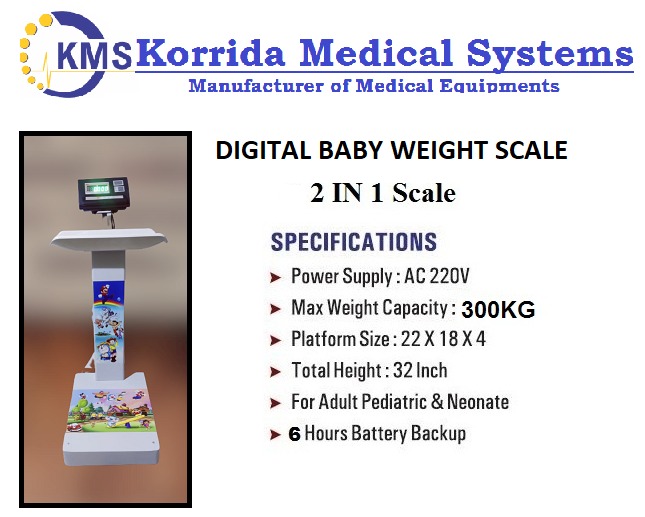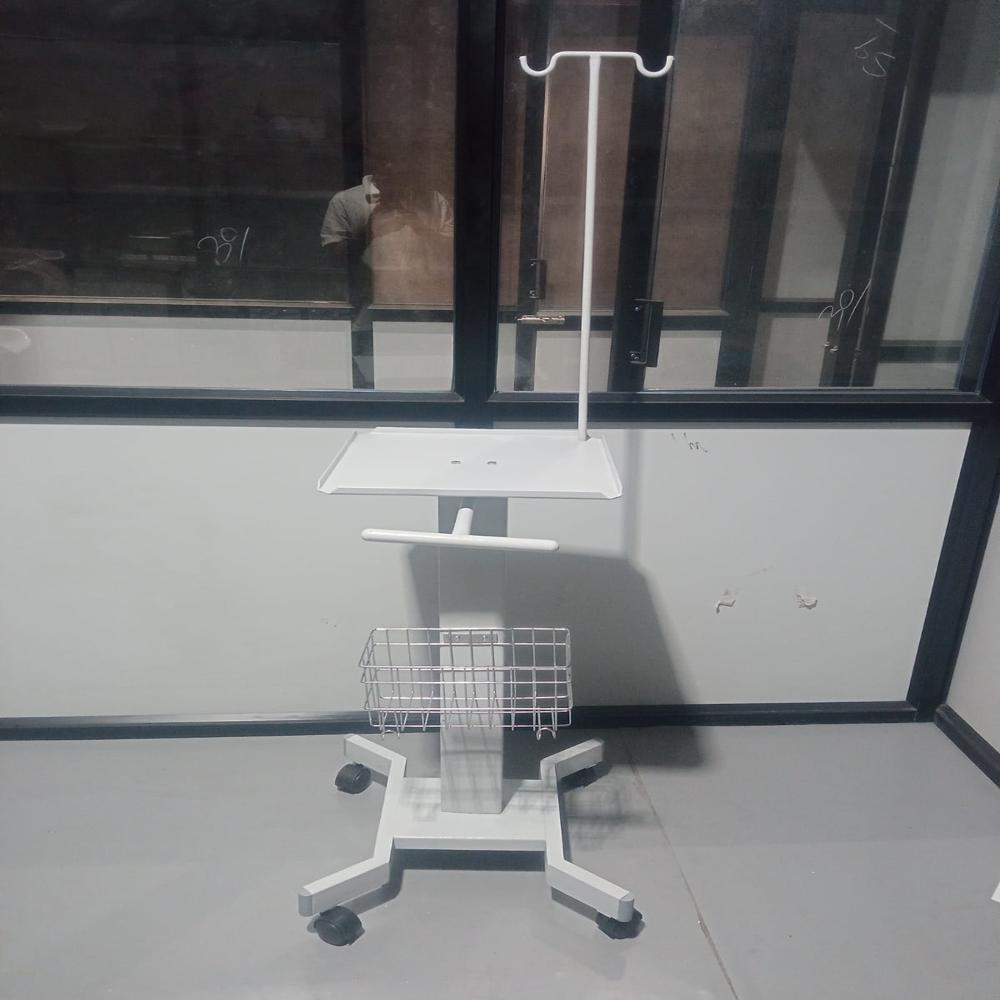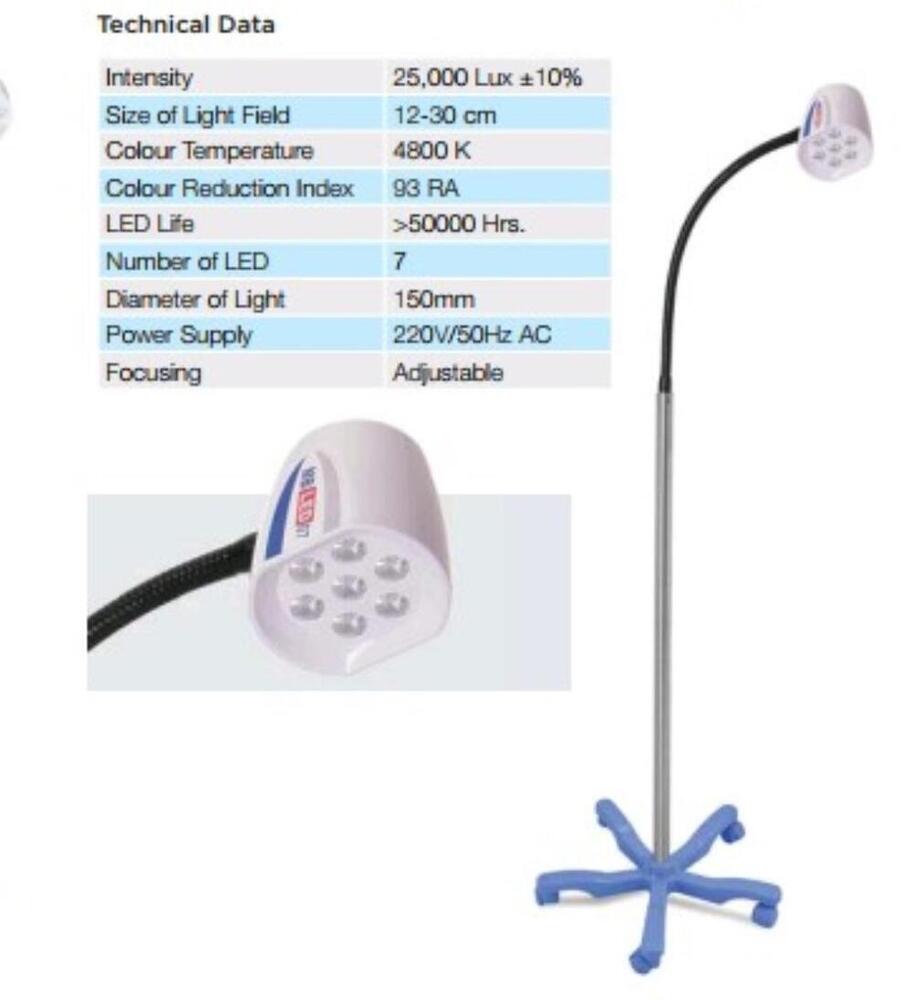TOURNIQUTE BELT
Price 20000.0 INR/ Vial
TOURNIQUTE BELT Specification
- Dimension (L*W*H)
- 22*22*22 Inch (in)
- Suitable For
- HOSPITAL
- Material
- IRON
- Use
- HOSPITAL USE
- Color Code
- GREEN BLUE
- Weight
- 15 Kilograms (kg)
- Product Type
- MEDICAL
TOURNIQUTE BELT Trade Information
- Minimum Order Quantity
- 1 Piece
- Delivery Time
- 5 Days
- Main Export Market(s)
- Central America, South America, Eastern Europe, Western Europe, Middle East, Africa, Asia, Australia, North America
- Main Domestic Market
- All India, South India, Central India, West India, North India, East India, Gujarat, Karnataka, Kerala, Lakshadweep, Mizoram, Meghalaya, Manipur, Andhra Pradesh, Delhi, Jammu and Kashmir, Madhya Pradesh, Maharashtra, Nagaland, Rajasthan, Sikkim, Telangana, Tripura, Pondicherry, Uttar Pradesh, Uttarakhand, West Bengal, Bihar, Chandigarh, Daman and Diu, Goa, Jharkhand, Odisha, Punjab, Assam, Dadra and Nagar Haveli, Andaman and Nicobar Islands, Arunachal Pradesh, Chhattisgarh, Haryana, Himachal Pradesh, Tamil Nadu
About TOURNIQUTE BELT
Single-Port Pneumatic Tourniquet Technical Specifications
1. General Description
A single-port pneumatic tourniquet is a medical device designed to safely and temporarily occlude blood flow in a limb during surgical procedures. It uses an inflatable cuff connected to a control unit that regulates and monitors air pressure.
2. System Components
-
Control Unit: Houses the pressure regulation, monitoring, and alarm systems.
-
Cuff Assembly: Inflatable bladder with outer cover and Velcro fastening.
-
Connection Hose: Single air line connecting the control unit to the cuff.
-
Foot Switch (Optional): For inflation/deflation control.
3. Technical Specifications
| Parameter | Specification |
|---|---|
| Type | Single-port pneumatic tourniquet |
| Pressure Range | 0 600 mmHg |
| Pressure Accuracy | 5 mmHg |
| Pressure Control | Automatic, microprocessor-based regulation |
| Display | Digital LED or LCD display showing pressure and time |
| Timer Range | 0 120 minutes (adjustable) |
| Cuff Sizes | - Small (pediatric): 1018 cm - Adult arm: 1834 cm - Thigh: 3450 cm |
| Cuff Material | Inner bladder: latex-free polyurethane Outer cover: nylon with Velcro fastening |
| Inflation/Deflation | Automatic with quick-release valve |
| Alarm System | - Overpressure - Low pressure/leakage - Time elapsed - Power failure |
| Power Supply | 100240 V AC, 50/60 Hz |
| Power Consumption | 100 W |
| Control Mode | Manual set and automatic hold |
| Dimensions (Control Unit) | Approx. 250 200 150 mm |
| Weight | 35 kg (depending on model) |
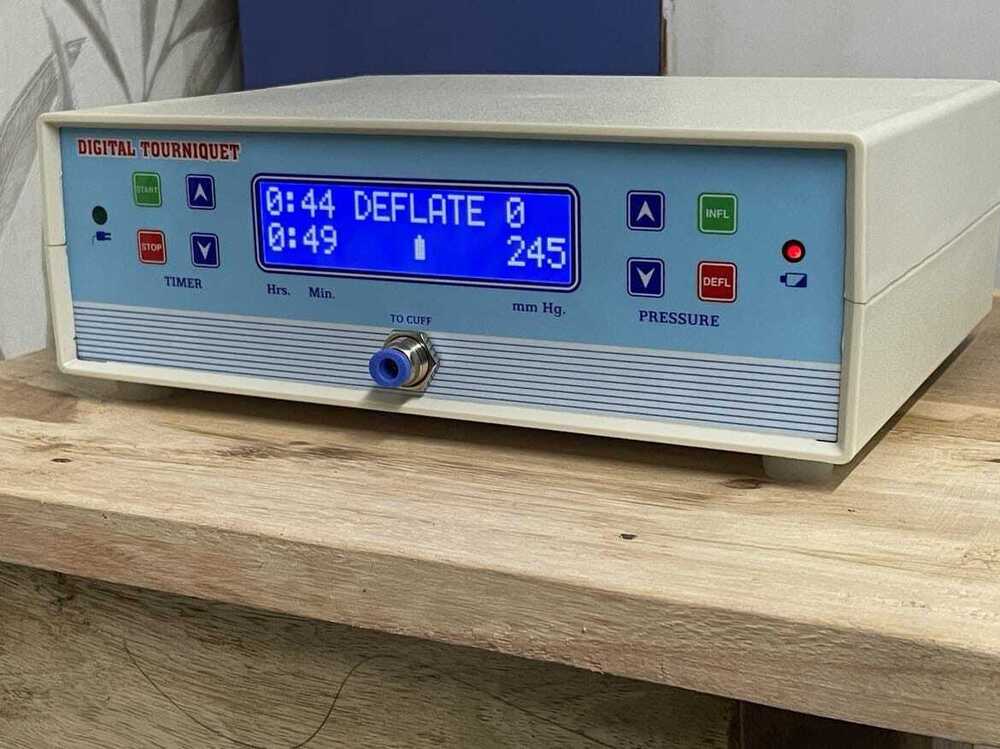
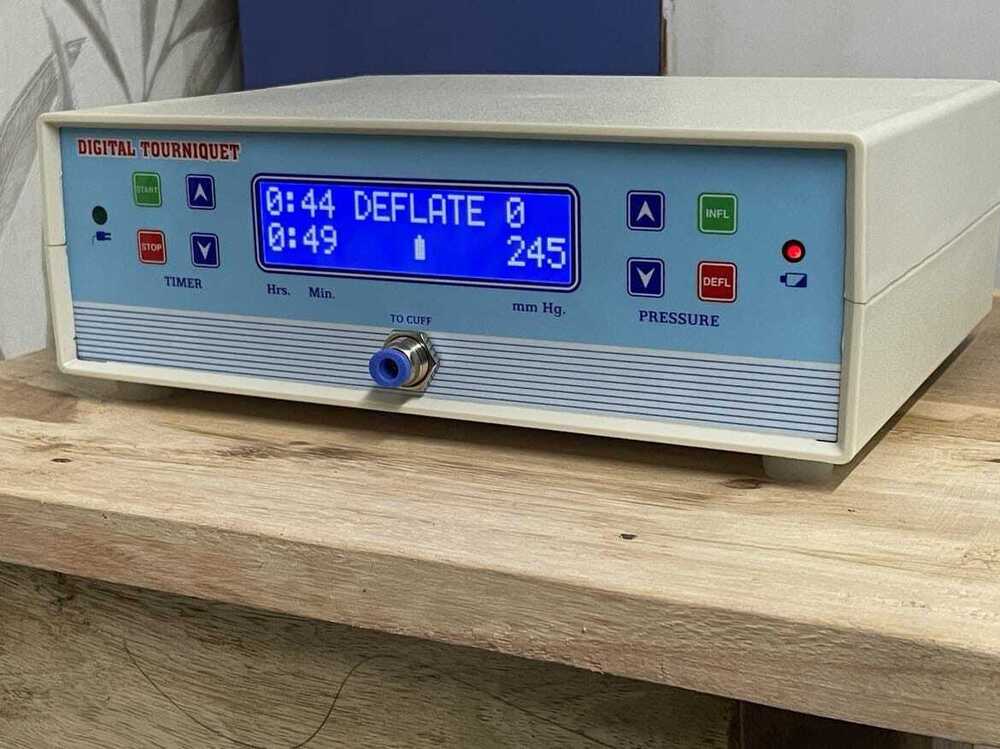
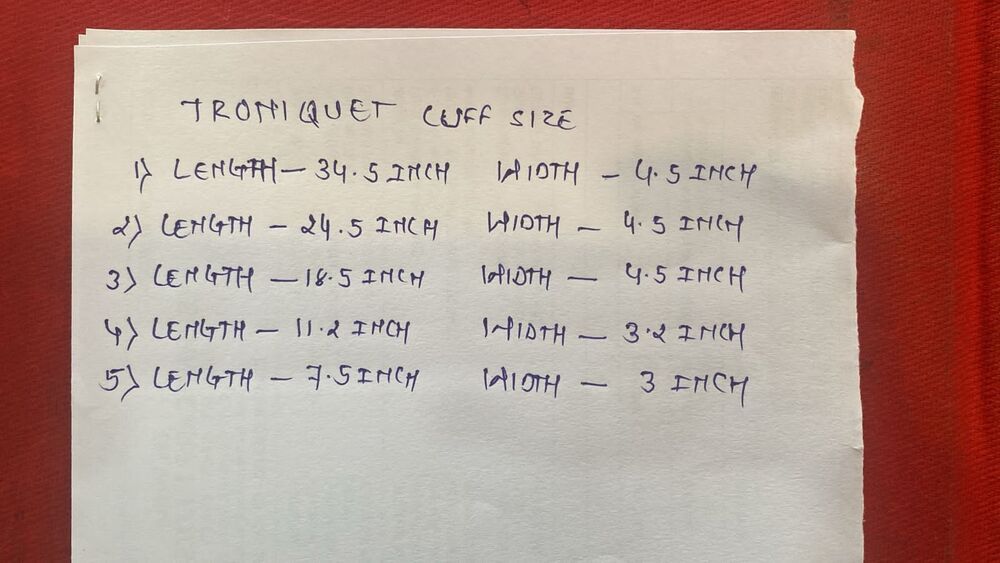
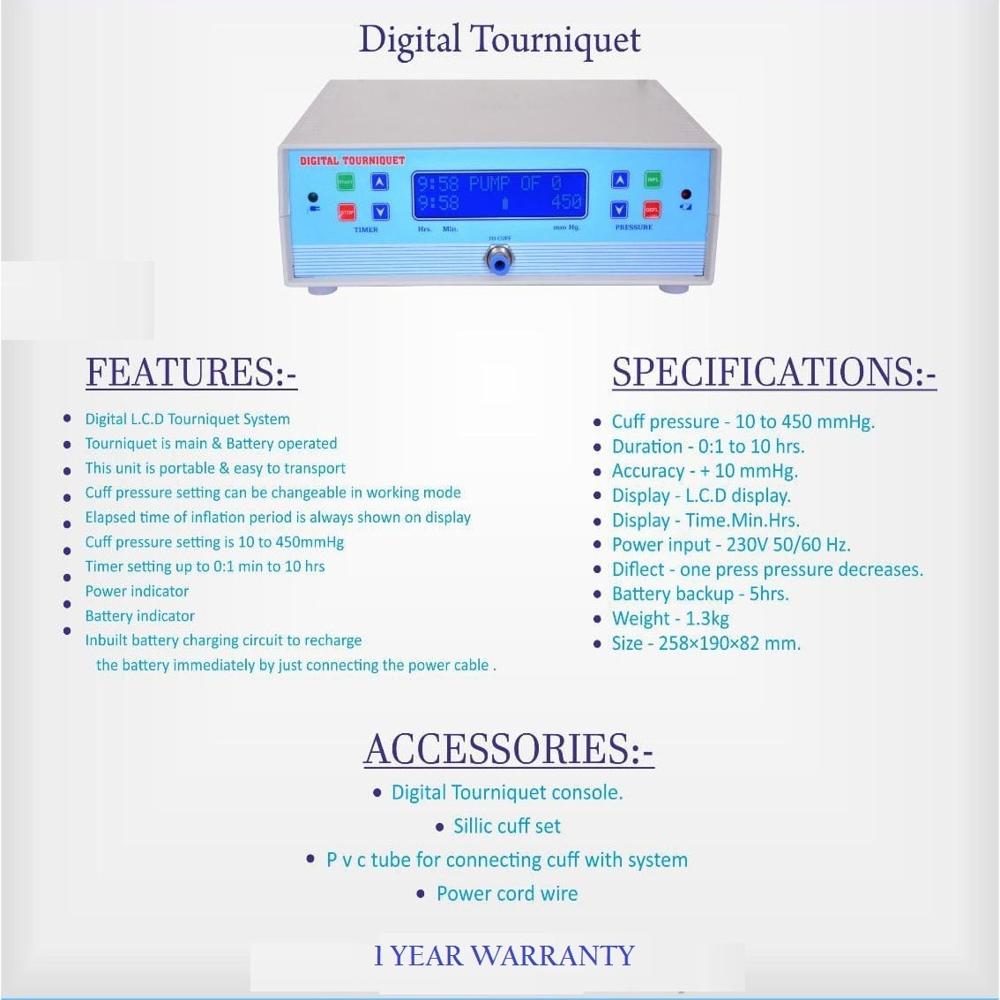
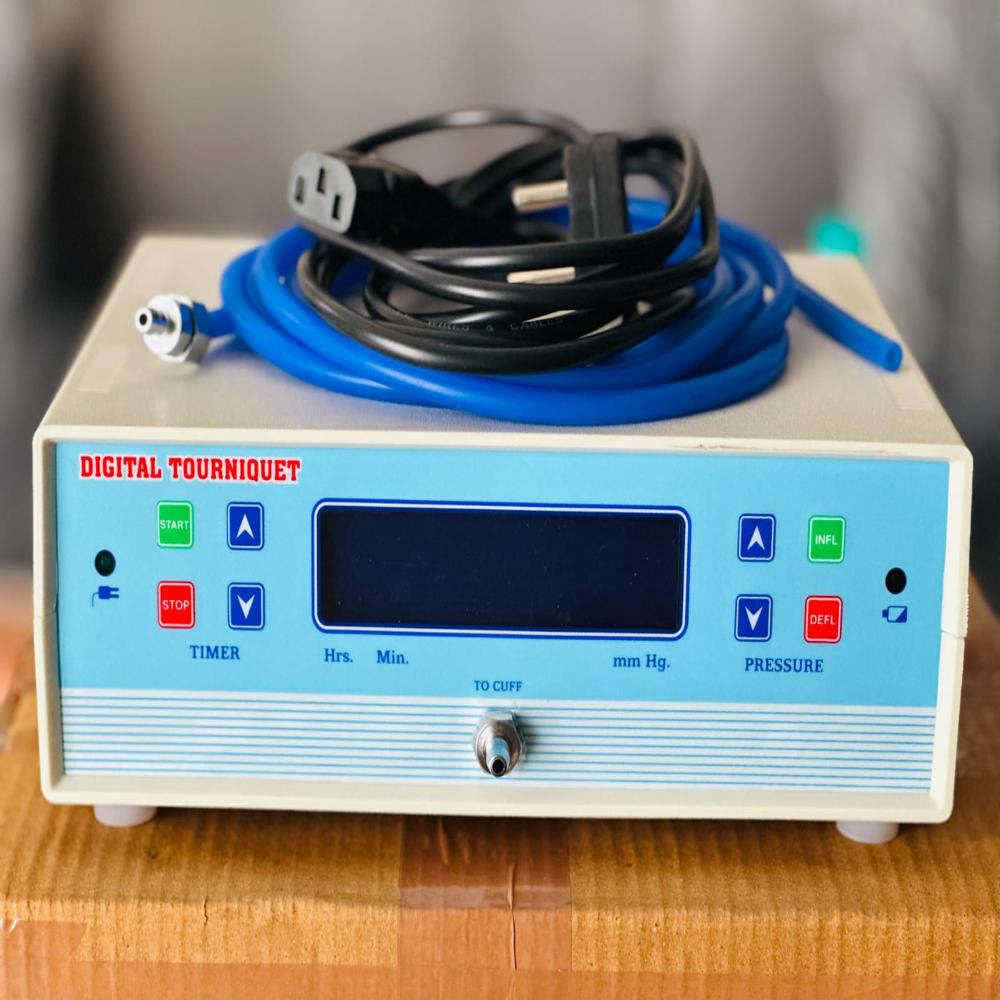

Price:
- 50
- 100
- 200
- 250
- 500
- 1000+
More Products in KORRIDA MEDICAL SYSTEM Category
OXYGEN CONCENTRATR
Price 46000.0 INR / Piece
Minimum Order Quantity : 1 Piece
Dimension (L*W*H) : 320x310x620 mm
Use : Supplying concentrated oxygen to patients
Material : PLASTIC
Color Code : GREY
ADULT BABY WEIGHT SCALE
Price 8000.0 INR / Piece
Minimum Order Quantity : 1 Piece
Dimension (L*W*H) : 75*85*75 Inch (in)
Use : HOSPITAL USE
Material : IRON
Color Code : WHITE
ECG TROLLY
Price 5500.0 INR / Piece
Minimum Order Quantity : 1 Piece
Dimension (L*W*H) : 2.90*1.50*1.30 Inch (in)
Use : HOSPITAL USE
Material : IRON
Color Code : WHITE
SPOT LIGHTS
Price 7000.0 Dirham / Piece
Minimum Order Quantity : 1 Piece
Dimension (L*W*H) : 900*5.50*900 Inch (in)
Use : HOSPITAL USE
Material : IRON
Color Code : WHITE

 Send Inquiry
Send Inquiry Send Inquiry
Send Inquiry
